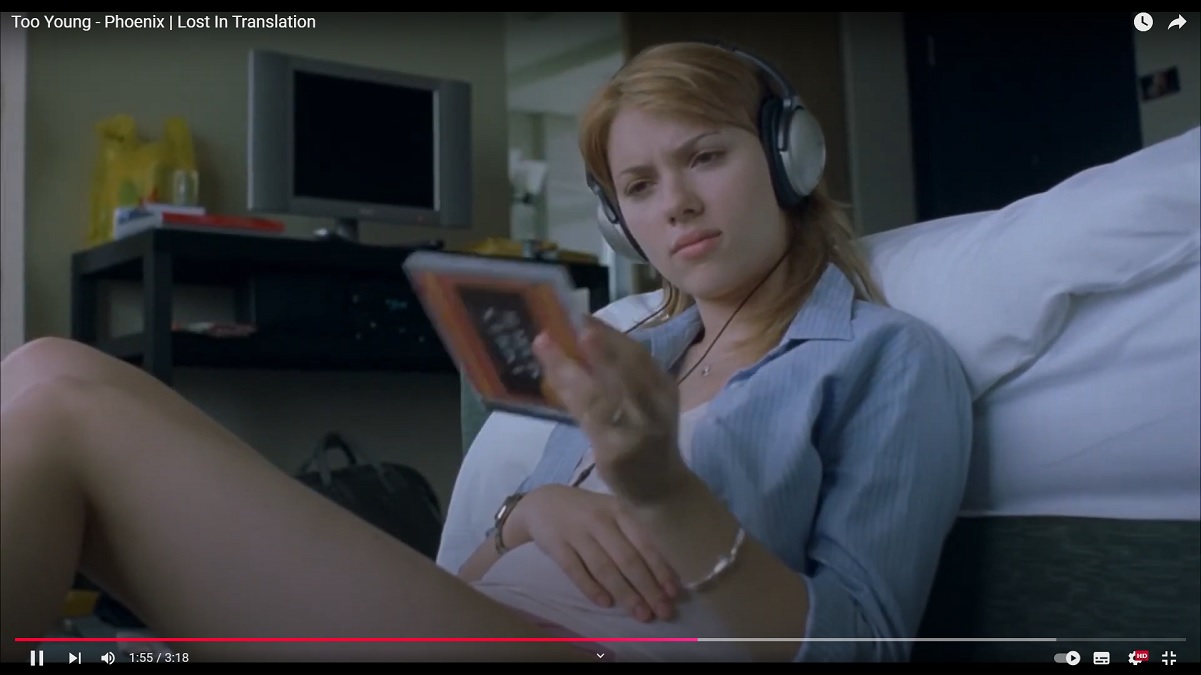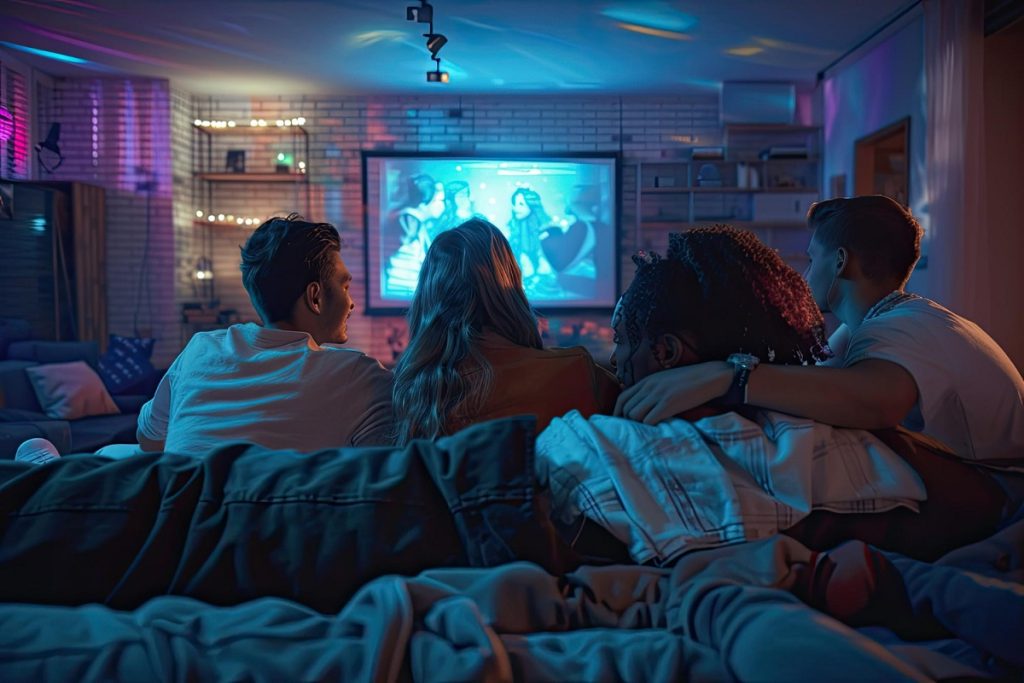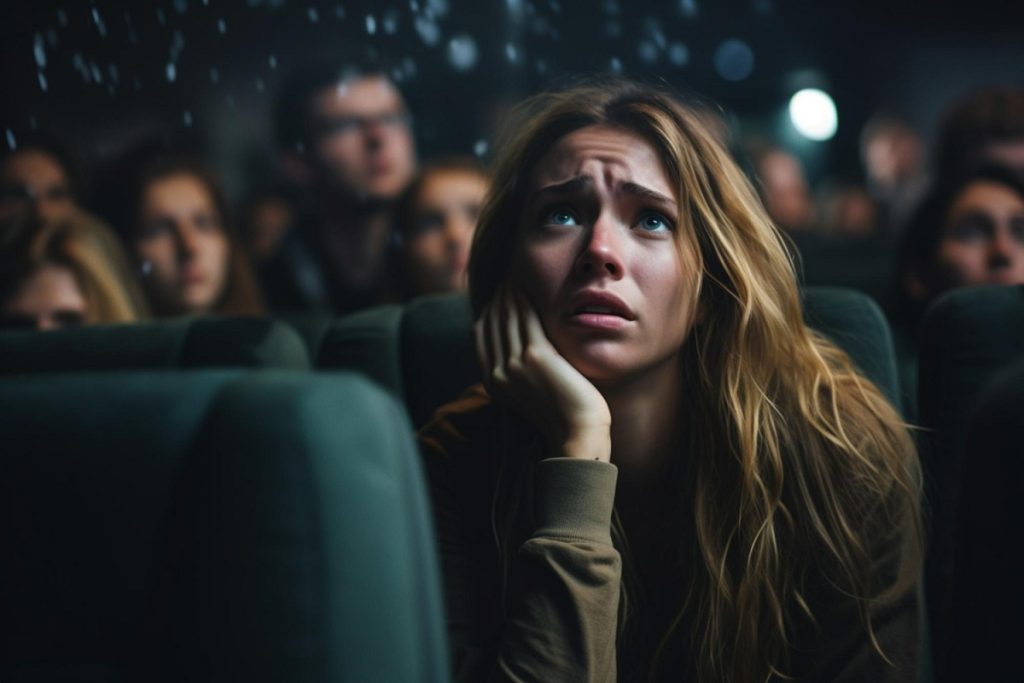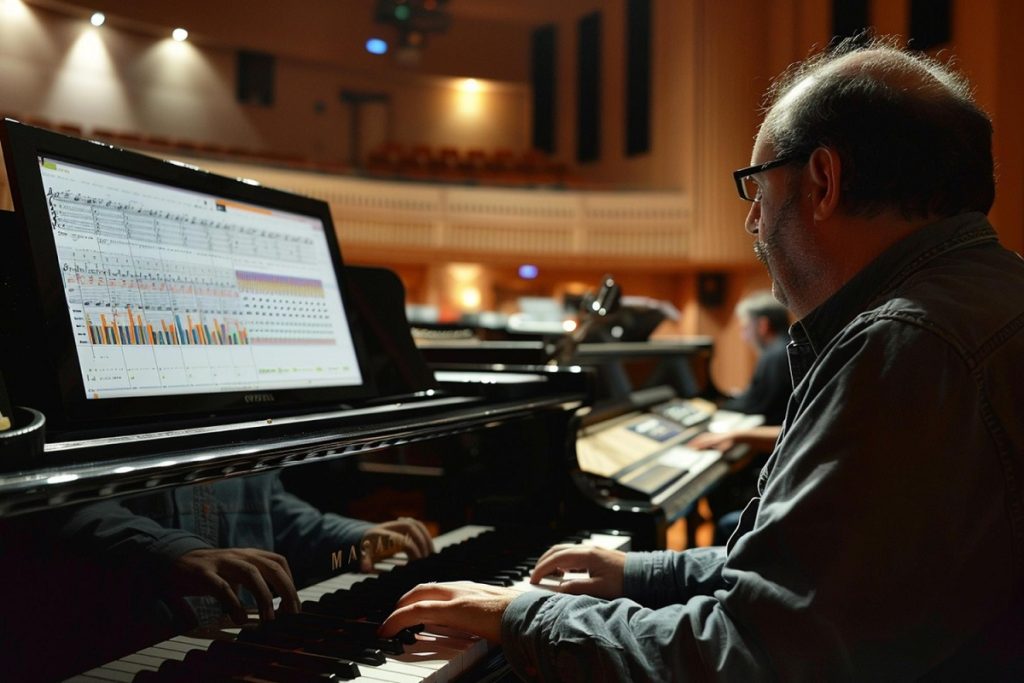The interplay of visuals and music is pivotal in crafting the immersive experience films offer. Sofia Coppola’s ‘Lost in Translation’ is a prime example of this synergy.
The film’s soundtrack, significantly influenced by the French band Phoenix, is not merely an auditory experience but a vital narrative and atmospheric component that deeply enhances the film’s emotional landscape.
The emotional resonance of music in film
At its core, ‘Lost in Translation’ explores themes of loneliness, connection, and the transient moments that define our existence.
The soundtrack, with its eclectic mix of shoegaze, post-punk, and ambient tones, mirrors these motifs by building a sonic landscape that complements the film’s visual and emotional cues.
The cultural impact of Phoenix’s contributions
Phoenix, primarily known for their indie pop and rock influences, brought a distinct sound that set the tone for many scenes within the film.
Their song “Too Young” perfectly encapsulates the youthful energy and existential quandary of the characters. T
he track not only serves as a background score but also acts as a cultural bridge between the film’s American and Japanese settings, highlighting the universal nature of its themes.
Enhancing narrative through sound
Scores and soundtracks are often unsung heroes in their ability to convey subtext and influence audience emotions.
In ‘Lost in Translation’, the role of the soundtrack is indispensable.
Each track selected by Coppola and provided by Phoenix helps to accentuate the otherness and the disconnection felt by the film’s protagonists in a foreign land.
The music also aids in pacing the narrative, using its tempo to drive the film’s quieter and more introspective moments.
Creating atmospheric depth
The choice of ambient tracks, like those from My Bloody Valentine and Squarepusher, adds a layer of depth to the Tokyo backdrop against which the film is set.
These choices are instrumental in developing a sense of place and time that is both dreamlike and disorienting, mirroring the inner turmoil of the characters.
Legacy and recognition
The cultural and critical acclaim garnered by ‘Lost in Translation’ owes much to its soundtrack. It elevated the film into a multidimensional experience, allowing audiences to feel the isolation and fleeting intimacy experienced by the characters.
This soundtrack has not only enhanced the film’s impact upon release but also solidified its place as a modern classic in the years since.
The collaboration between Sofia Coppola and Phoenix on the ‘Lost in Translation’ soundtrack serves as a sterling example of how music can be effectively employed to enhance storytelling in film.
It reflects the power of a well-curated soundtrack to transform and elevate the cinematic experience, ensuring the film’s emotional and atmospheric elements are not just seen, but deeply felt.






